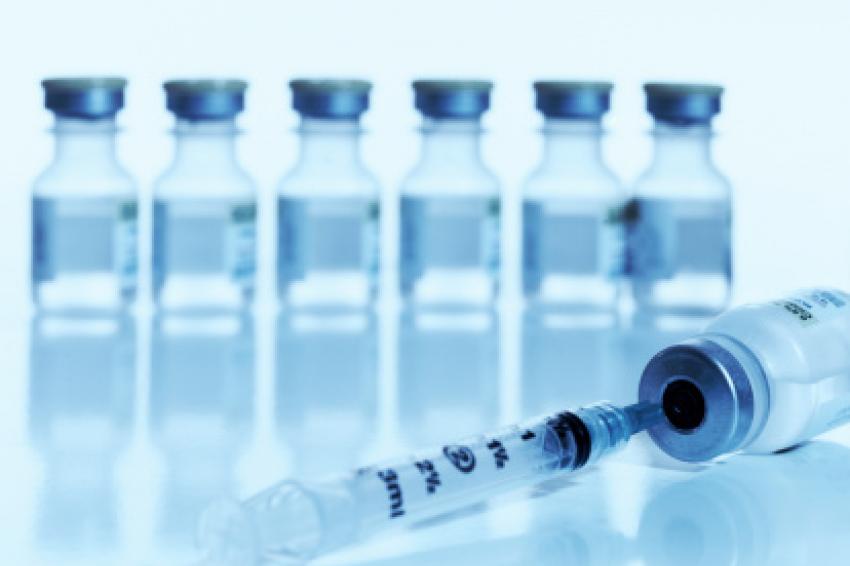J&J Halts Covid Vaccine Trials on Adverse Event
The New Jersey-based US healthcare giant, which just last week agreed to provide 200 million doses to the European Union through its Janssen subsidiary, was hoping to enroll 6,000 adults in multiple countries in the late-stage double-blind study.
J&J said it is currently investigating the adverse event, noting that it had informed an independent data and safety monitoring board immediately. The company does not know at this stage whether the participant had received the vaccine or a placebo, said Mathai Mammen, who leads global research and development at Janssen.
This is the second Covid-19 vaccine trial to be suspended in recent weeks. In September, AstraZeneca put on hold its Phase 3 trial of vaccine candidate AZD1222 after a UK participant developed a neurological illness. The Anglo-Swedish drugmaker later said the diagnosis was transverse myelitis, an inflammatory syndrome often triggered by viral infections that affect the spinal cord. Some experts questioned this, however.
A few days after the stoppage, AstraZeneca resumed its study in the UK, Brazil, South Africa, India and Japan. Trials in the US remain halted for unknown reasons. Commentators have suggested the Food and Drug Administration is wary of a restart before the adverse event is definitively clarified.
Both J&J and AstraZeneca are part of Operation Warp Speed, the US government's effort to deliver 100 million doses of a viable Covid-19 vaccine by January 2021. They are both developing adenovirus-based vaccines, unlike Warp Speed peers Pfizer and Moderna, which are working on mRNA-based jabs.
AstraZeneca has agreed to supply more than 300 million doses of its vaccine, if approved, to the US government and has also pledged to supply up to 400 million doses, starting at the end of 2020, to Europe’s Inclusive Vaccines Alliance, spearheaded by Germany, France, Italy and the Netherlands.
Authors: Elaine Burridge and Dede Williams, Freelance Journalists





